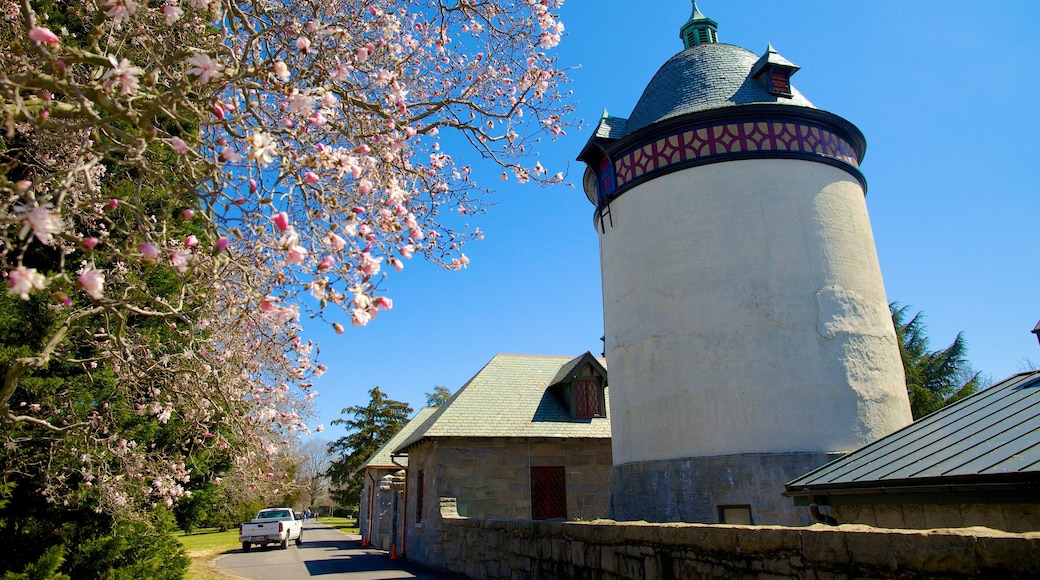There’s something for everyone at this estate, with plants, animals and a beautiful house to discover.
This beautifully restored estate is a prime attraction in Richmond, and its extensive grounds are home to animals of all shapes and sizes, as well as exquisite plants. Maymont was built at the end of the 19th century as a private home for the Dooley family, who left it to the city of Richmond in their wills. In 1925, this 40-hectare estate became a museum and has since become one of the prime attractions in Richmond today.
The first thing to explore when you arrive are the grounds here. Plant lovers will be amazed by the beauty of the traditional Japanese garden, complete with bamboo forests, a waterfall and a koi pond.
Make your way to the Nature & Visitor Center to get an idea of the attractions on offer and to pick up a free map. Maymont Park is home to a whole host of different native species of animals. A river runs through the grounds, creating the perfect wetland habitat for many of them, and at the aquariums you can see fish, otters and turtles swimming around. If you come at the right time, you might even get to see the otters being fed.
The Children’s Farm is a great place for kids to meet friendly farm animals, and learn more about how they are fed and looked after. The larger inhabitants are in enclosures spread around the park—head out to find bison, elk, deer, eagles, bobcats and foxes. In the butterfly gardens, you can be surrounded by these fluttering creatures. A tram runs between the major attractions every 20 minutes at weekends.
Join a tour in the afternoon to explore the stunning house at the centre of this park. You will get the chance to see some of the rooms that have been restored here, including drawing rooms, a private oriental-style den and even a bedroom. Exhibitions also describe the daily routine of the domestic servants.
Maymont Park is open every day, but the house is closed on Mondays. Admission is free, but a donation to keep the park running is appreciated. Parking is available, but can get very busy at weekends and on public holidays, so it is best to take a bus to avoid queuing.






































